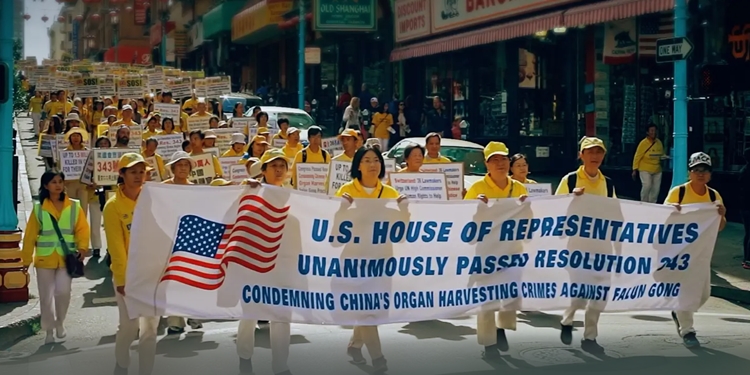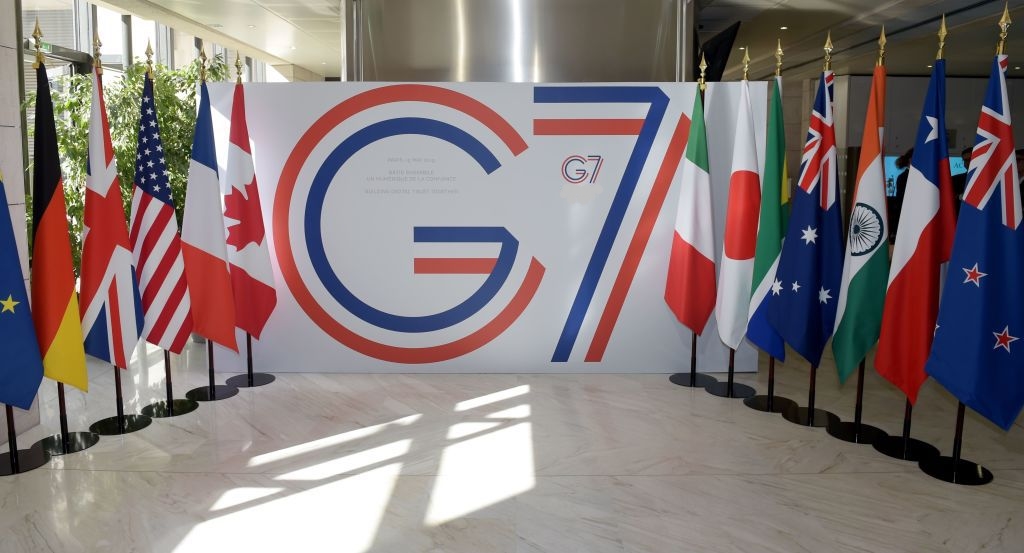
If Great Britain keeps stumbling along somehow, it won’t be thanks to its new rulers, one horrible policy of which pertains to a determination to be more submissive toward China and the Chinese Communist Party and more obtuse about their nature.
Among the exponents of a weaker policy is Peter Mandelson (shown above), former British First Secretary of State. He so far lacks a comparable position in the new Labour government. But he is advertised as “a close advisor to Prime Minister Keir Starmer, who led the party to a landslide election win in July.”
So if Mandelson is not actually yet a minister in the current government, he is the next best thing, or next worst thing (“UK Peer Slams Tory Boycott of Hong Kong, Urges Thaw With China,” Bloomberg, September 17, 2024).
Mandelson is also a co-founder of Global Counsel, a firm that’s become one of the most influential advisory groups in the UK and has been expanding its coverage of China.
Britain’s relations with China have turned sharply for the worse after what then Prime Minister David Cameron proclaimed was a “golden era” of relations with Beijing when he was in power back in 2015.
In 2021, the Conservatives blocked Huawei Technologies Co. from participating in Britain’s 5G network and more recently traded barbs with Chinese officials over allegations of spying.
Mandelson, who was an influential figure in the last Labour government under Tony Blair and has been a peer in the House of Lords since 2008, met with Hong Kong officials, top businessmen and bankers during the visit. He said he was shocked that members of the local government were “cold shouldered” by ministers during trips to London earlier this year.
“That’s a serious infringement of Britain’s role and responsibility in Hong Kong,” he said….
While Mandelson said he believes the rule of law remains intact and the judiciary is still independent in Hong Kong, he urged the government to be “very careful” of moving in a direction criticized by its detractors.
“I think very strongly that the Hong Kong authorities have to tread lightly on people’s lives,” he said….
The British government “wants to, in time, recreate the strategic dialogs that Britain has had with China in the past,” Mandelson said.
We have here a juggler of the Tim Walz ilk. On the one hand, China is advised not to crush the freedom and spirit of the people too much—the Chinese Communist Party must try for more of a golden mean, perhaps something more along the lines of the degree of oppression to which the British Labour Party aspires, neither too much nor too little but just the right amount.
On the other hand, Britain must not relinquish its “role and responsibility” to treat the Chinese government as if it were just another civilized if imperfect power deserving of endless good will and endless gouts of hypocritical, timorous, accommodating, gaze-averting diplomacy.
In response to the lord’s recent comments, Benedict Rogers says that “No, Lord Mandelson, we don’t need to cosy up to Xi’s China.”
The suggestion that the rule of law is still intact in Hong Kong is absurd….
[What Mandelson proposes] sounds perilously close to the failed so-called ‘golden era’ of Sino-British relations pursued by David Cameron’s government—which of course was first started by Lord Mandelson.
One has to ask: what planet is Lord Mandelson living on?….
Let’s turn to his [allegation] that the previous Conservative government was ‘in danger of operating a boycott of Hong Kong’….
Far from operating a ‘boycott’ of Hong Kong, the last government refused to implement any sanctions in response to Beijing’s breaches of the Sino-British Joint Declaration and instead sent at least two ministers…to the city. While they may have made platitudinal remarks about human rights, the focus of both visits was increasing trade. And the Foreign Secretary James Cleverly made a much-trumpeted—or at least much-tweeted—visit to Beijing for the same purpose.
Human rights in China and Hong Kong is not—and should not be—a party political matter.
One good thing done by the previous government in relation to Hong Kong, says Rogers, was its establishment of the British National Overseas program (not always well administered, however). This program provided “a pathway for potentially several million Hong Kongers to flee Hong Kong and build a new life in freedom in the United Kingdom.” And at that time, the Labour government was pushing the Tories “to go further and to be more robust on human rights in China.”
If Mandelson’s recent words are any indication, though, more strongly standing up to China isn’t what the Labour government wants to do now.





